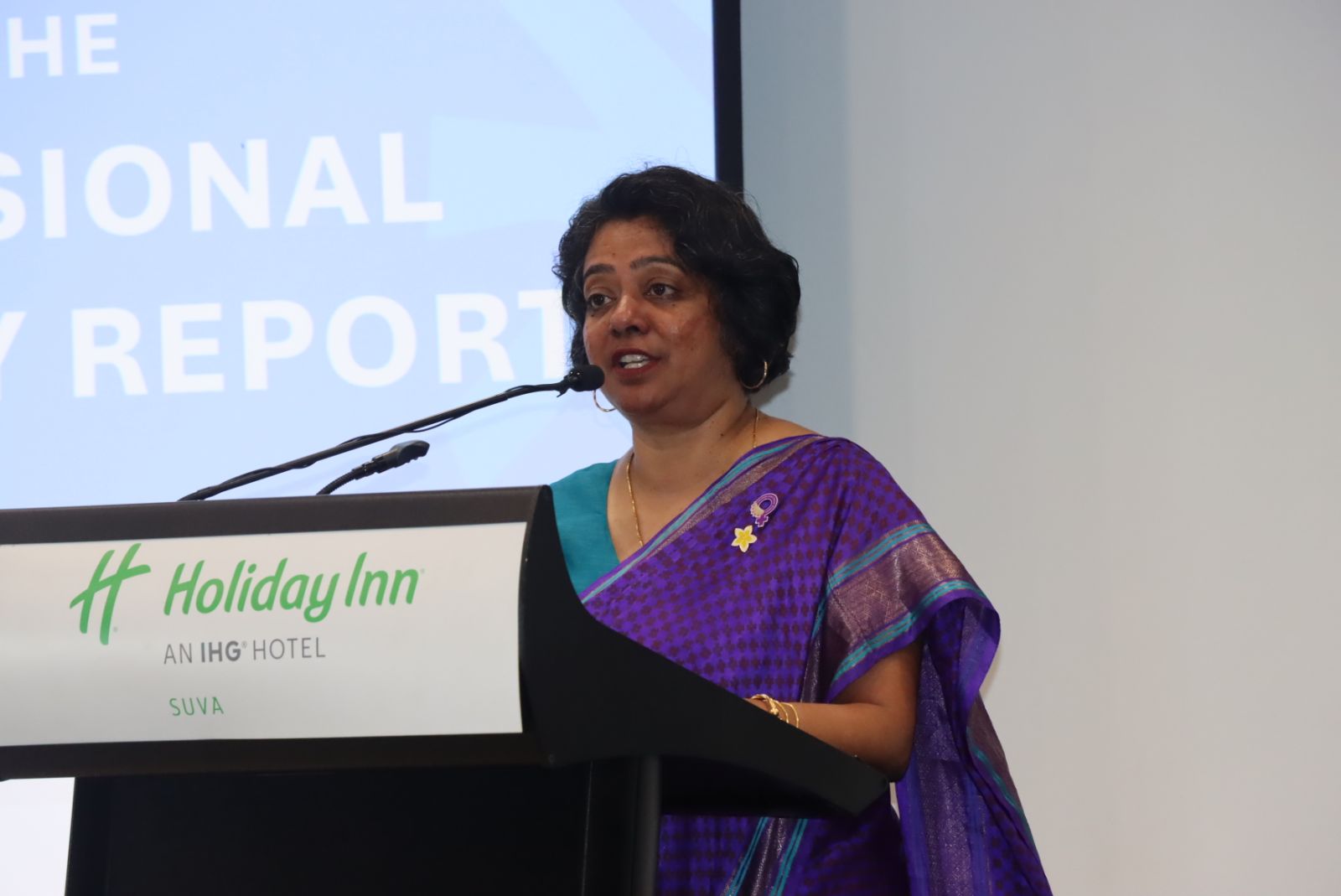Fiji’s youngest children are facing the hardest living conditions, with new national data showing many households struggling to meet their basic needs.
The country’s first multidimensional child poverty report, launched yesterday, analysed a national sample of 7983 children from 3366 households.
It found that 63.2 per cent of children aged 0-23 months, 42.4 per cent of children aged 24-59 months, 22.1 per cent aged 5-13 years and 14.6 per cent aged 14-17 years faced overlapping deprivations.
Minister for Women, Children and Social Protection Sashi Kiran said the findings represented an important step towards evidence-driven policymaking.
She said the data would help Government refine social protection, improve education access, strengthen water and sanitation systems and reinforce child protection.
“This analysis was rigorous and locally relevant,” she said.
“It reflected exactly what our families and communities had been experiencing on the ground.”
Ms Kiran said the launch signalled the start of a collective effort and urged ministries, development partners, civil society organisations and families to work together.
“Let us build bridges between what the data shows and what communities know.
“Your voices and experiences are essential in translating evidence into real impact.”
UNICEF Pacific Deputy Representative Roshni Basu said UNICEF welcomed Fiji’s commitment to research-based decision-making.
She said coordinated national planning was essential because “the cost of inaction was measured in lost childhoods.”
Ms Kiran said the report strengthened Fiji’s resolve to ensure every child could grow, contribute and live with dignity.



